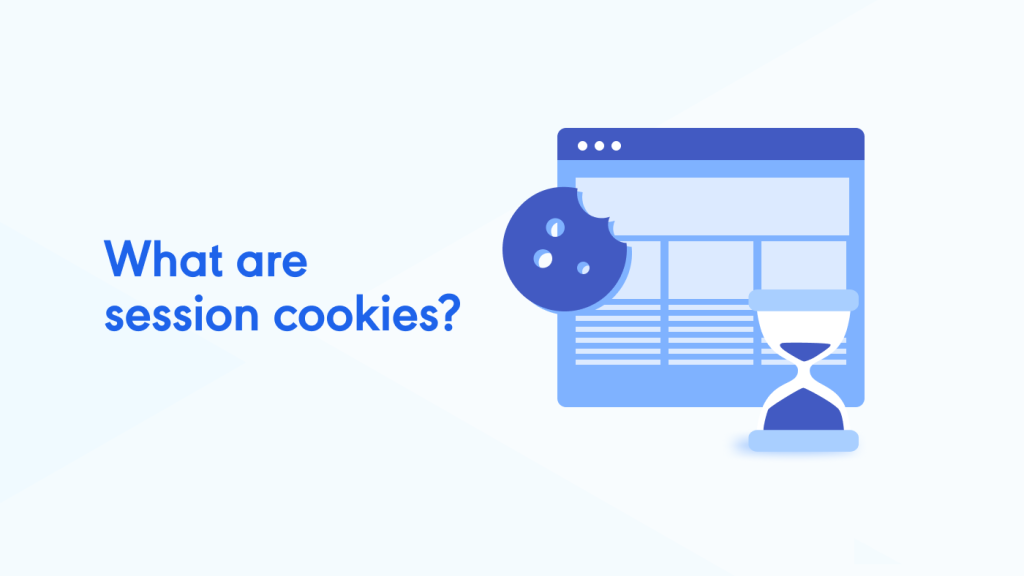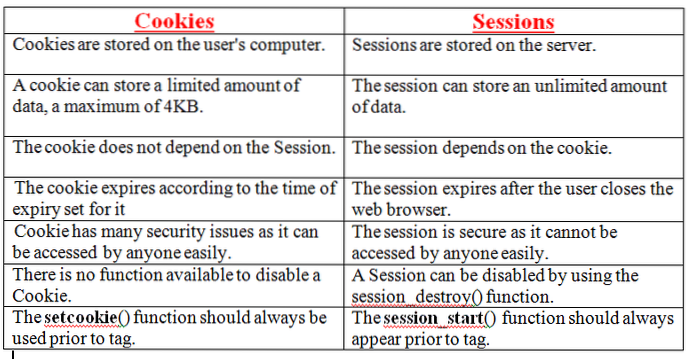Sessions and cookies are both mechanisms used in web development to store and manage data related to user interactions with a website or web application.

Sessions:
A session is a way to store information about a user across multiple requests. It involves creating a unique session ID for each user, which is then used to associate and retrieve data specific to that user. The session data is typically stored on the server, and a session ID is sent to the client (usually through a cookie) to identify the session.
- Session workflow: When a user accesses a website, a session is created for them. The server assigns a unique session ID, which is sent to the client and stored as a cookie. The client sends this session ID with each subsequent request, allowing the server to retrieve the corresponding session data and provide personalized content or maintain stateful information.
- Common uses: Sessions are commonly used to store user authentication data, shopping cart information, and temporary user-specific data during a browsing session.

Cookies:
Cookies are small text files stored on the client’s computer by the web browser. They are used to store user-specific information and are sent back to the server with each subsequent request. Cookies can be set with an expiration time, after which they are automatically deleted.
- Cookie workflow: When a server sends a response to the client, it can include one or more cookies that the client should store. The client’s browser then includes these cookies in subsequent requests, allowing the server to access the stored information.
- Common uses: Cookies are commonly used for tasks like remembering user preferences, tracking user behavior, and maintaining user sessions.